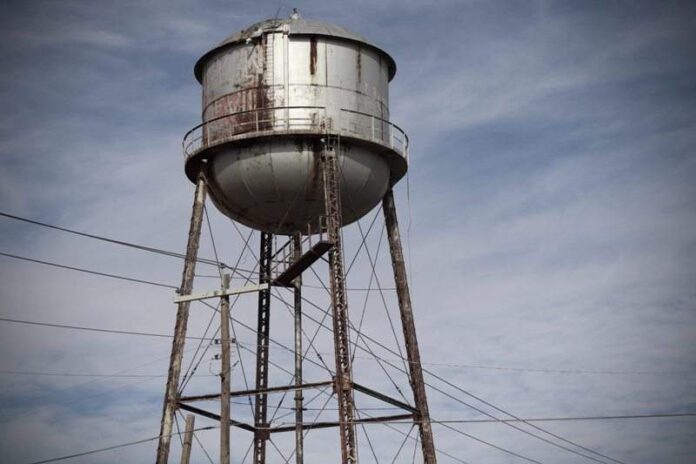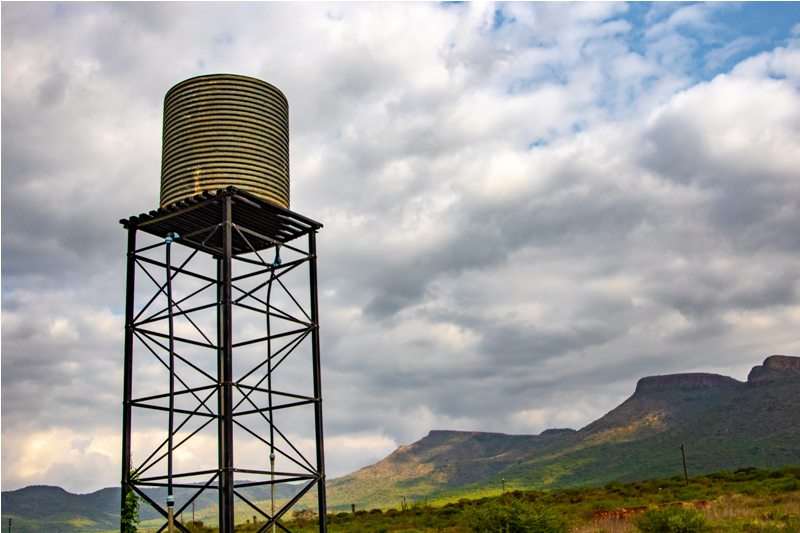
If you’re in the market for a new water tank, there are a few things you’ll want to keep in mind before making your purchase. It’s important to choose a tank that’s the right size for your needs, and that will be durable enough to last for years. This is especially important if you live in an area that experiences extreme weather conditions.
Here are a few tips to help you choose the perfect water tank for your home.
1. Determine the Right Size
The first thing you need to do is determine the right size water tank for your home. This will depend on a number of factors, such as the size of your home, the number of people in your household, and your water usage habits. You can find water storage containers in a variety of sizes, so it’s important to take all of these factors into consideration when making your decision.
If you’re not sure how much water you use on a daily basis, you can contact your local water utility company to find out. They can give you an estimate based on the average water usage in your area.
2. Consider the Weather Conditions
When choosing a water tank, it’s also important to consider the weather conditions in your area. If you live in an area that experiences extreme temperatures, you’ll need to choose a tank that’s made from materials that can withstand the heat or cold.
If you live in an area that gets a lot of rain, you’ll want to choose a tank that’s resistant to rust and corrosion. Additionally, if you live in an area that’s susceptible to flooding, you’ll need to choose a tank that’s designed to withstand high levels of water.
3. Choose a Durable Material
When it comes to water tanks, one of the most important factors to consider is the material the tank is made from. You’ll want to choose a material that’s durable and will last for years. Some of the most popular materials used for water tanks include concrete, steel, and plastic. Each material has its own set of benefits and drawbacks, so it’s important to do your research before making a decision.
Additionally, you’ll want to make sure the material you choose is compatible with the type of pump you plan on using. This is especially important if you have a submersible pump.
4. Consider the Cost
Another factor to consider when choosing a water tank is the cost. Water tanks can vary widely in price, so it’s important to set a budget before you start shopping. Once you know how much you’re willing to spend, you can narrow down your options and find a tank that fits your needs and budget. It’s also important to keep in mind that the price of a water tank will vary depending on the size, material, and brand.
Also, if you plan on using a pump with your water tank, you’ll need to factor the cost of the pump into your budget as well.
5. Compare Warranties
When you’re shopping for a water tank, it’s also important to compare warranties. Most manufacturers offer some form of warranty on their products, so it’s important to find out what’s covered and for how long. This will help you determine if a particular tank is the right choice for your needs.
Additionally, it’s important to keep in mind that the warranty may only cover certain components of the tank, so be sure to read the fine print before making your purchase. If you have any questions, be sure to contact the manufacturer directly. It’s also a good idea to save the contact information for the manufacturer in case you have any problems with your tank in the future.
6. Get Professional Installation
Once you’ve chosen the perfect water tank for your home, it’s important to get professional installation. This will ensure that your tank is installed correctly and will help extend its lifespan. Additionally, professional installation can also help you avoid any potential problems down the road.
If you’re not sure how to install a water tank, it’s best to hire a professional. It’s also important to make sure that the company you hire is licensed, bonded, and insured. This will protect you in the event that something goes wrong during the installation process.
7. Maintenance and Repair
After your water tank is installed, it’s important to perform regular maintenance and repairs. This will help keep your tank in good working condition and will prevent any potential problems from occurring. Additionally, if you notice any damage or leaks, it’s important to get them fixed as soon as possible to avoid further damage.
Regular maintenance and repair can also help extend the lifespan of your water tank. Also, if you have any questions or concerns about your tank, it’s best to contact a professional for help. It’s always better to be safe than sorry when it comes to your home’s plumbing.
8. Store Your Water Tank Properly
When you’re not using your water tank, it’s important to store it properly. This will help prevent any damage from occurring and will also help keep your tank in good working condition. Additionally, if you live in an area that experiences extreme temperatures, it’s important to winterize your tank to prevent any freezing or burst pipes.
This will help you avoid any costly repairs down the road. This is especially important if you live in an area that’s prone to flooding. Also, if you plan on storing your tank for an extended period of time, it’s important to empty it completely and clean it thoroughly before doing so.

By taking these steps, you can be sure to extend the lifespan of your water tank and avoid any potential problems. It’s always better to be safe than sorry when it comes to your home’s plumbing.





